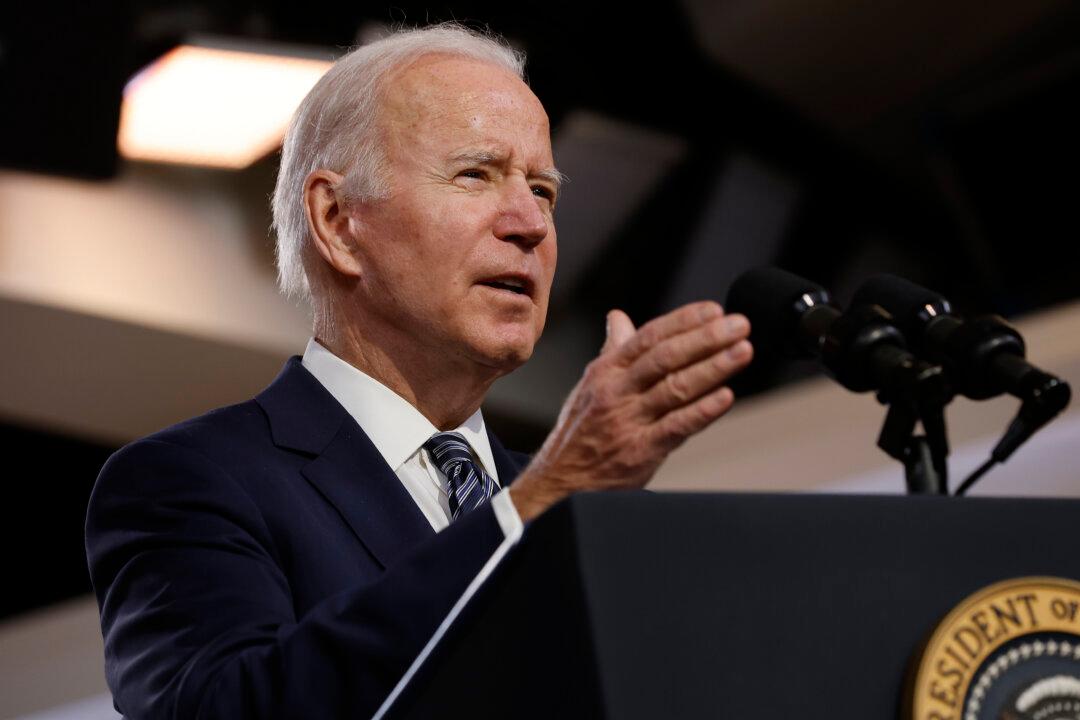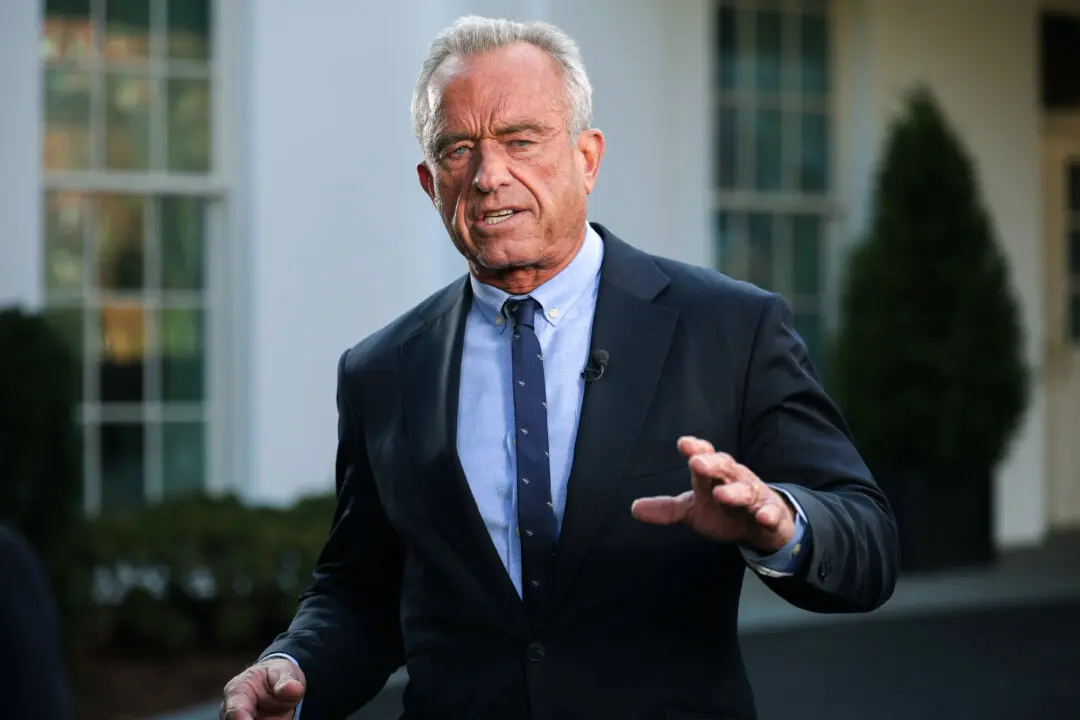President Joe Biden signed legislation on Dec. 10 that enables Congress to fast-track the procedure of raising the United States debt limit.
“The United States pays its debts when they are due. That’s why today, I signed a bill to fast-track the process to raise our debt limit,” Biden said in a statement.





